Department / Chair / Description
-
Anatomy (Nakajima Lab)ProfessorKazunori Nakajima

We are interested in the cellular and molecular mechanisms of how the cells in the central nervous system, in particular the cells in the cerebral cortex, are born, migrate to their final destinations, develop unique structures such as layers, and finally form such a complex network to enable the various higher brain functions. We are also investigating how these developmental processes are disturbed by various perturbations.
-
Anatomy (Kubota Lab)ProfessorYoshiaki Kubota

In mammalian development, a vascular network is formed throughout the body to meet the tissue requirements for oxygen and nutrients. Three major processes necessary to form a complete vascular network are vasculogenesis, angiogenesis and vascular remodeling. Vasculogenesis denotes de novo blood vessel formation, in which vascular precursor cells (angioblasts) migrate to sites of vascularization, differentiate into endothelial cells, and coalesce to form the initial vascular plexus. Angiogenesis refers to the budding of new capillary branches from existing blood vessels, while vascular remodeling describes a later phase when a formed vessel increases its luminal diameter in response to increased blood flow and acquires artery, vein or capillary identity. Our research is aimed at uncovering the cellular and molecular mechanisms for these processes using multiple transgenic and knockout mice. The overall direction of our research is determined by daily observations mostly in morphological studies, never by hypothesis or practical goals. We are always seeking for what’s really interesting unprecedented rather than what’s close to clinical utility. We believe that the achievement of our research may lead to a real breakthrough in the treatment of human neovascular and ischemic diseases.
-
Physiology (Makino Lab)ProfessorHiroshi Makino
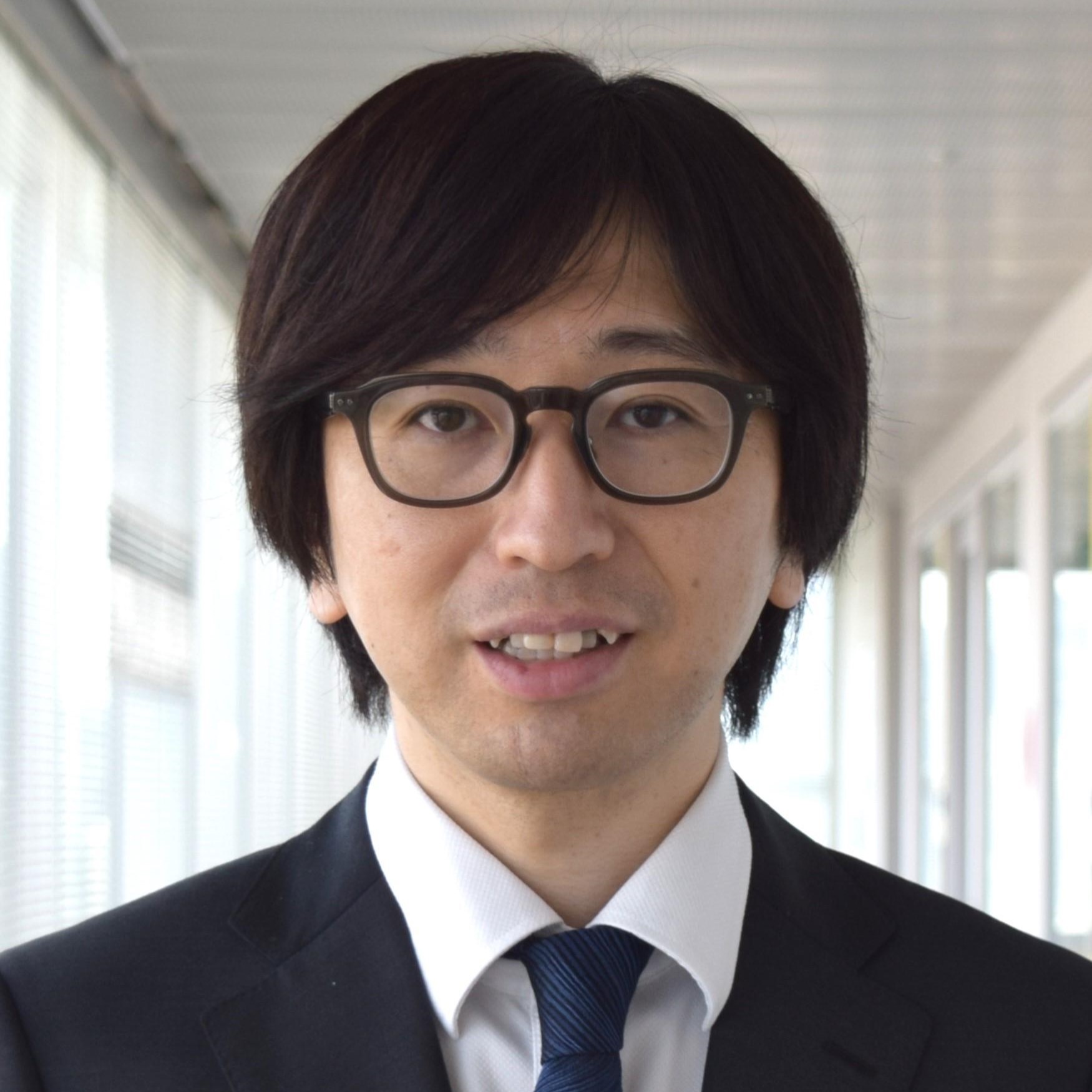
Our laboratory aims to elucidate the neural basis of the diverse forms of “intelligence” exhibited by living systems by integrating neuroscience and AI. Beyond individual cognition and learning, we examine collective decision-making using both theoretical and experimental approaches to characterize the underlying neural mechanisms and the processes leading to their breakdown.
-
PharmacologyProfessorMasato Yasui

Founded by Professor Katsuma Abe, the Department of Pharmacology at Keio University School of Medicine has since led the field of pharmacology in Japan. At present, we are studying the structure-function relationships of transmembrane receptors, channels and transporters that are important targets of chemical therapies. Additionally, cutting-edge technologies such as molecular dynamics simulations and nonlinear optical imagings are actively employed in our department. We hope to contribute to the developments of better pharmacological therapies in collaboration with clinical departments.
-
BiochemistryProfessorToshiro Sato
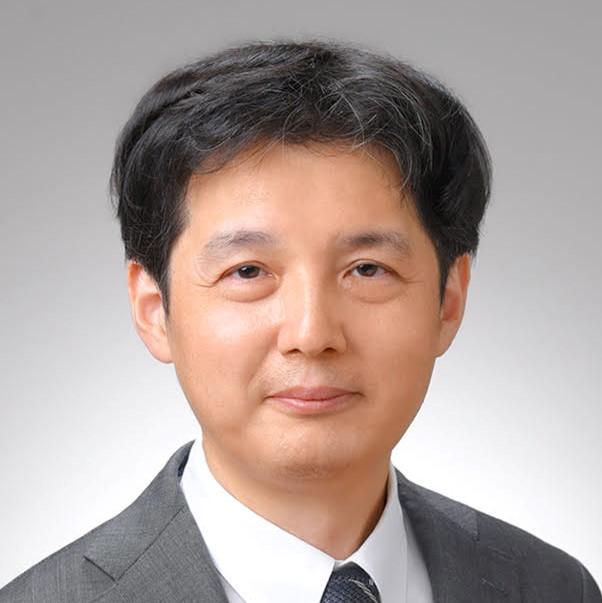
The field of biochemistry aims to understand the essence of biological phenomena at the atomic and molecular level, elucidating the causes of pathological conditions and developing innovative technologies to support human health. At the Department of Biochemistry, we utilize organoid technology, which can model living tissue, to analyze energy metabolism, tissue organization, and changes in epigenomic information that govern the transition from normal to diseased tissue. We are particularly focused on stem cell regulation, cancer, and metabolic diseases, working to develop new technologies and generate new insights into these areas.
-
Molecular BiologyProfessorNaoko Irie

The Department of Molecular Biology was established to advance our understanding of the molecular machinery underlying life and its applications in medicine. Our current focus is on early development and the development of germ cells into eggs and sperm. Using human pluripotent stem cells and appropriate model systems, we investigate molecular regulatory networks, including epigenetic and metabolic dynamics, and aim to establish robust research platforms. Our goal is to contribute to advances in reproductive medicine, as well as regenerative, cancer-, and aging-related medicine.
-
Preventive Medicine and Public Health
The mission of the Preventive Medicine and Public Health department is to prevent diseases and to promote every aspect of human health for all people through an interdisciplinary societal framework. Our main research interests are in the field of environmental and occupational medicine, epidemiology and preventive medicine, emphasizing the significance of scientifically-based research and evidence-based practices in public health. We are also greatly devoted to public health education and activities to train professionals who can communicate to the public and contribute to the achievement of a healthier society.
ProfessorToru Takebayashi Professor Tomonori Okamura
Professor Tomonori Okamura
-
Infectious DiseasesProfessorHo Namkoong
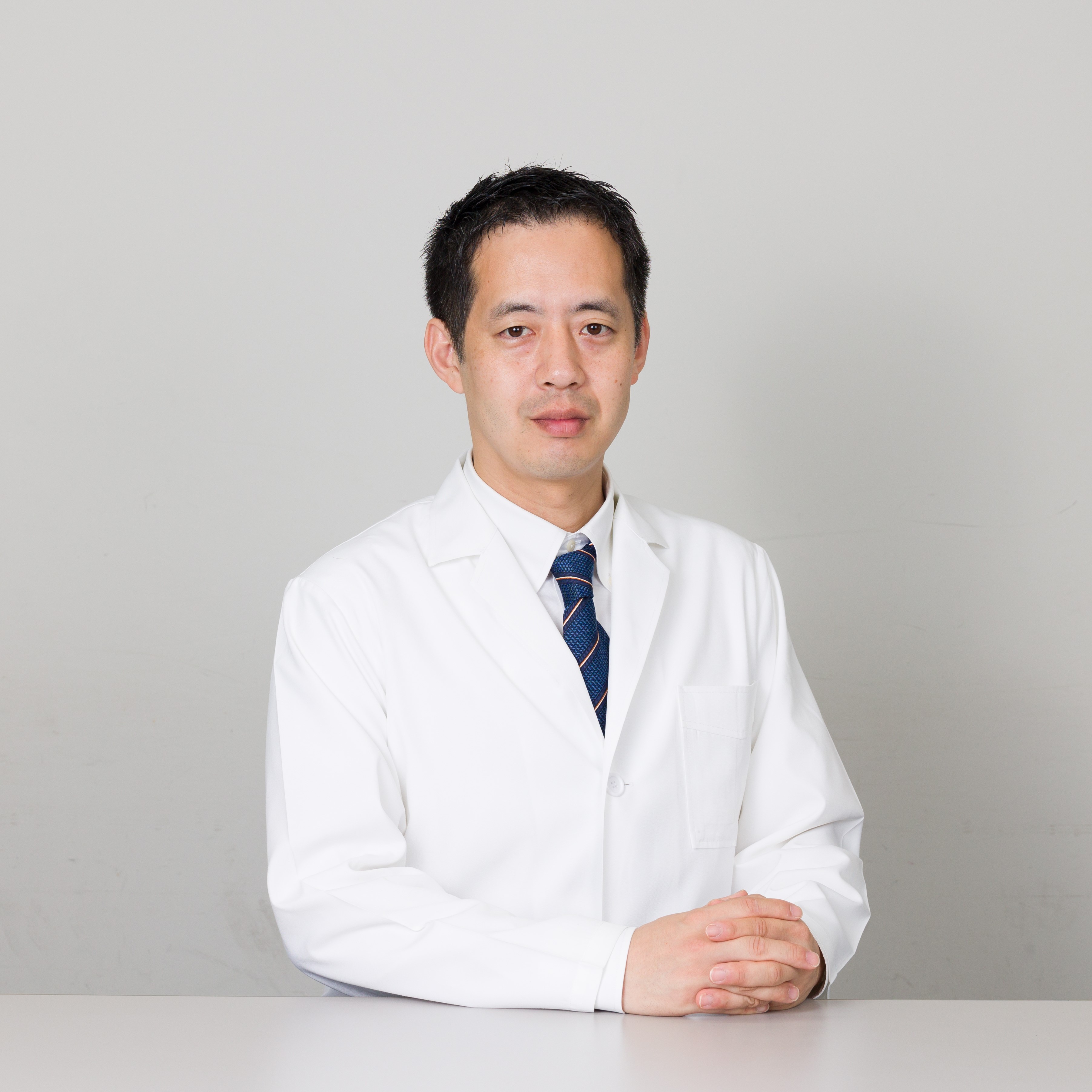
The Department of Infectious Diseases promotes interdisciplinary research that integrates basic science, clinical medicine, and public health. In parallel, it fulfills the missions of the Clinical Infectious Diseases Center and the Department of Infection Control at the university hospital, with a core mission of cultivating diverse human resources engaged in infectious diseases.
To foster the next generation of infectious disease physicians and researchers, we define six core competencies: (1) cross-organ clinical care, (2) microbiology, (3) pharmacokinetics, (4) ethics in infectious diseases, (5) emerging and re-emerging infectious disease control, and (6) infectious disease crisis management. Through collaboration with individuals, society, government, and researchers across disciplines, we aim to address challenges from both global and interdisciplinary perspectives. -
Pathology (Kanai Lab)ProfessorYae Kanai
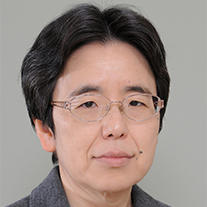
On the basis of findings from routine diagnostic pathology work, we develop scientific ideas and follow them up using a molecular pathological approach, which can yield potential benefits for patients. In order to understand the molecular basis of diseases and the mechanisms determining the clinicopathological heterogeneity of cancers, we perform integrated/multilayer-omics analysis, especially epigenome analysis, using tissue specimens we have examined pathologically. Our aim is to develop new strategies for carcinogenetic risk estimation, early diagnosis of cancer, prognostication of patients, and cancer prevention and therapy.
-
Microbiology and Immunology (Honda Lab)ProfessorKenya Honda

Gut microbiota controls host homeostasis such as immunity and metabolism. Our research is aimed at the identification of specific gut bacteria that affect host physiology, in particular the immune system, using model animals mice and fruit flies. Strategies for our studies include taking advantage of gnotobiotic animals, in which all the bacteria are specified. We have so far identified 17 bacteria that induce the expansion of regulatory T cells, which are important for suppressing gut inflammation. We have also started to investigate whether they could be suitable for clinical trials.
-
Microbiology and Immunology (Ishigaki Lab)ProfessorKazuyoshi Ishigaki
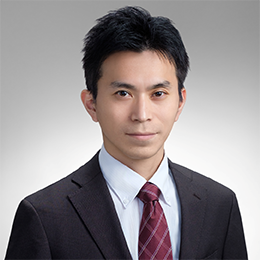
Our immune function is regulated by individual differences in genome sequence (polymorphisms). Recent studies have identified specific polymorphisms that play causal roles in the onset of immune diseases, leading to increased interest in drug discovery through genetic research (genetic drug discovery). However, due to the complexity of the immune system, the immunological functions of these risk polymorphisms remain largely unexplored, resulting in few successful cases of genetic drug discovery. Our laboratory aims to identify new drug targets by elucidating the functional roles of risk polymorphisms, utilizing cutting-edge experimental techniques such as genome editing and single-cell multi-omics analysis.
-
Legal MedicineProfessorMasaki Q. Fujita

The major role of forensic medicine is to provide evidence for clarification and resolution of cases, which also contributes to crime suppression and accident prevention. Investigation into the cause of death of an sudden unexpected death case also contribute in the same way. The final goal is to realize a safer and more secure society. Established in 1921, our department has a very long history and tradition. Currently, we are pursuing research on sudden unexpected death syndrome (SUDS) and on more objective and persuasive new forensic diagnostic methods. We also welcome and work with young researchers who will be the leaders of the next generation.
-
Health Policy and ManagementProfessorHiroaki Miyata

In healthcare, providing high-quality services to all patients and citizens is the foremost priority. This must be done in a sustainable fashion, and from the viewpoints of common good and public interest. To do this, we must design and manage policies, systems, and action plans that navigate healthcare ecosystems toward values that reflect various stakeholders' viewpoints. This includes not only patients, but payers and providers, corporations and governments, and must take their dynamic relationships into account. The Department of Healthcare Policy and Management is committed to collaborating with the diverse group listed above to carry out empirical and practical research that is applicable to evidence-based policy development as well as the refinement of social science methodology.
-
BiostatisticsProfessorYasunori Sato

Biostatistics is the applied statistical science for the medical and health sciences, designed to tackle statistical challenges in these fields. Our department addresses statistical issues that emerge throughout the process of clinical and epidemiological research, from planning to reporting. We are involved in developing innovative statistical methods and conducting practical research, applying statistical techniques to clinical studies. Additionally, by fostering a connection with society through the communication of research findings, we aim to contribute to the advancement of medical science through education and professional development. Our overarching goal is to contribute to the continued development of more effective medical and health sciences.
-
The Sakaguchi Laboratory - Department of Signal ExplorationAssociate ProfessorWataru Shihoya
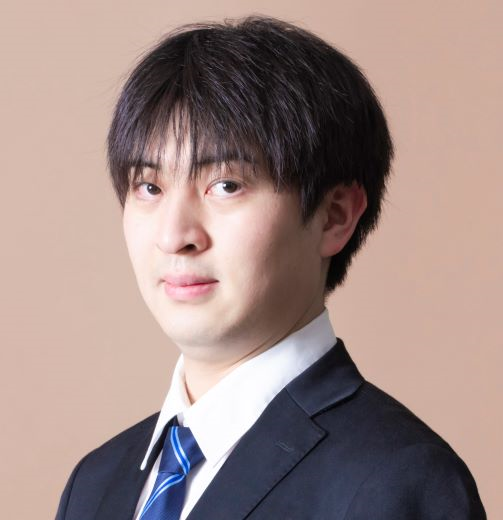
This laboratory investigates signal transduction across cell membranes, focusing on G protein-coupled receptors (GPCRs) as key drug targets. Using cryo-electron microscopy and next-generation sequencing, we visualize molecular interactions and uncover novel receptor-substance relationships, advancing both structural and functional understanding through innovative research.
-
The Sakaguchi Laboratory - Department of Biomedical Informatics and Molecular BiologyAssociate ProfessorDai Kusumoto
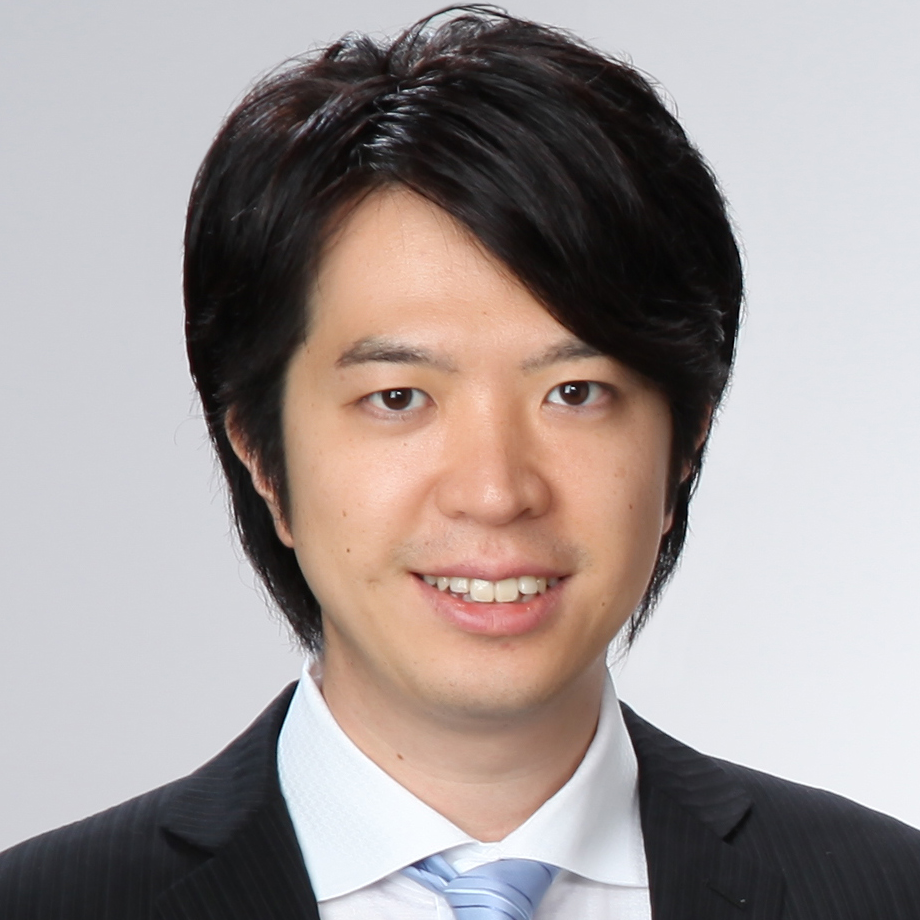
Our laboratory aims to clarify the mechanisms of cardiovascular diseases, such as heart failure and atherosclerotic disorders, which have been increasing in recent years, and to develop novel therapies. We carry out analyses utilizing machine learning for AI-based image analysis and bioinformatics for single-cell spatiotemporal analysis. We validate these results with molecular biological methods, and aim to apply our research clinically. We conduct interdisciplinary research combining computational analyses and molecular biology experiments.
-
The Sakaguchi Laboratory - Department of Epigenetics and Stem Cell BiologyAssociate ProfessorTsunetoshi Nakatani
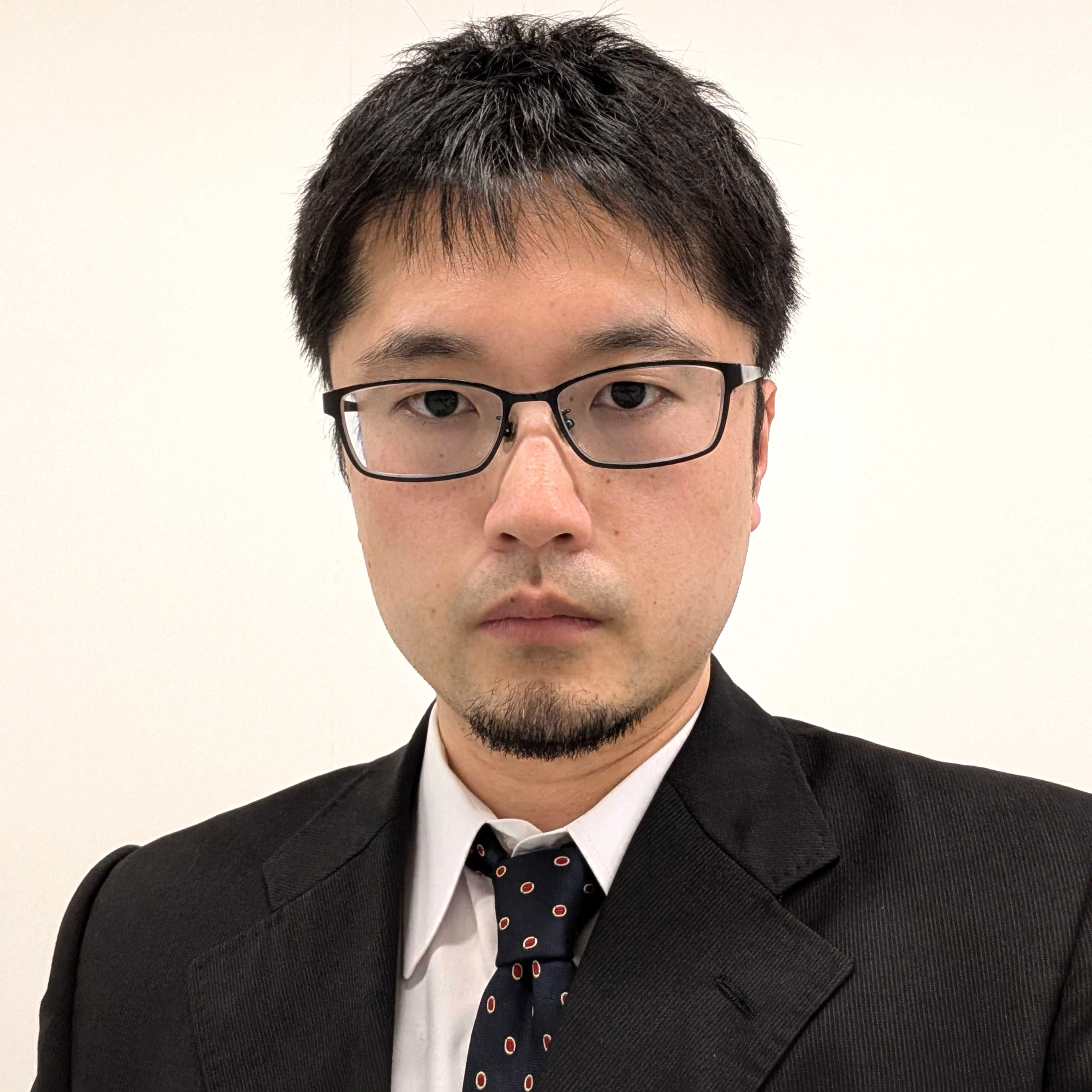
The Department of Epigenetics and Stem Cell Biology is a new laboratory established in April 2025. Since our research targets are very unique cells, namely fertilised eggs, we will conduct our research using both wet and dry analysis, in addition to using special equipment. We plan to collaborate with Japanese labs as well as foreign labs, creating a highly international environment within the lab.
-
The Sakaguchi Laboratory - Department of Ion Signaling and ResponseAssociate ProfessorAiri Jo-Watanabe
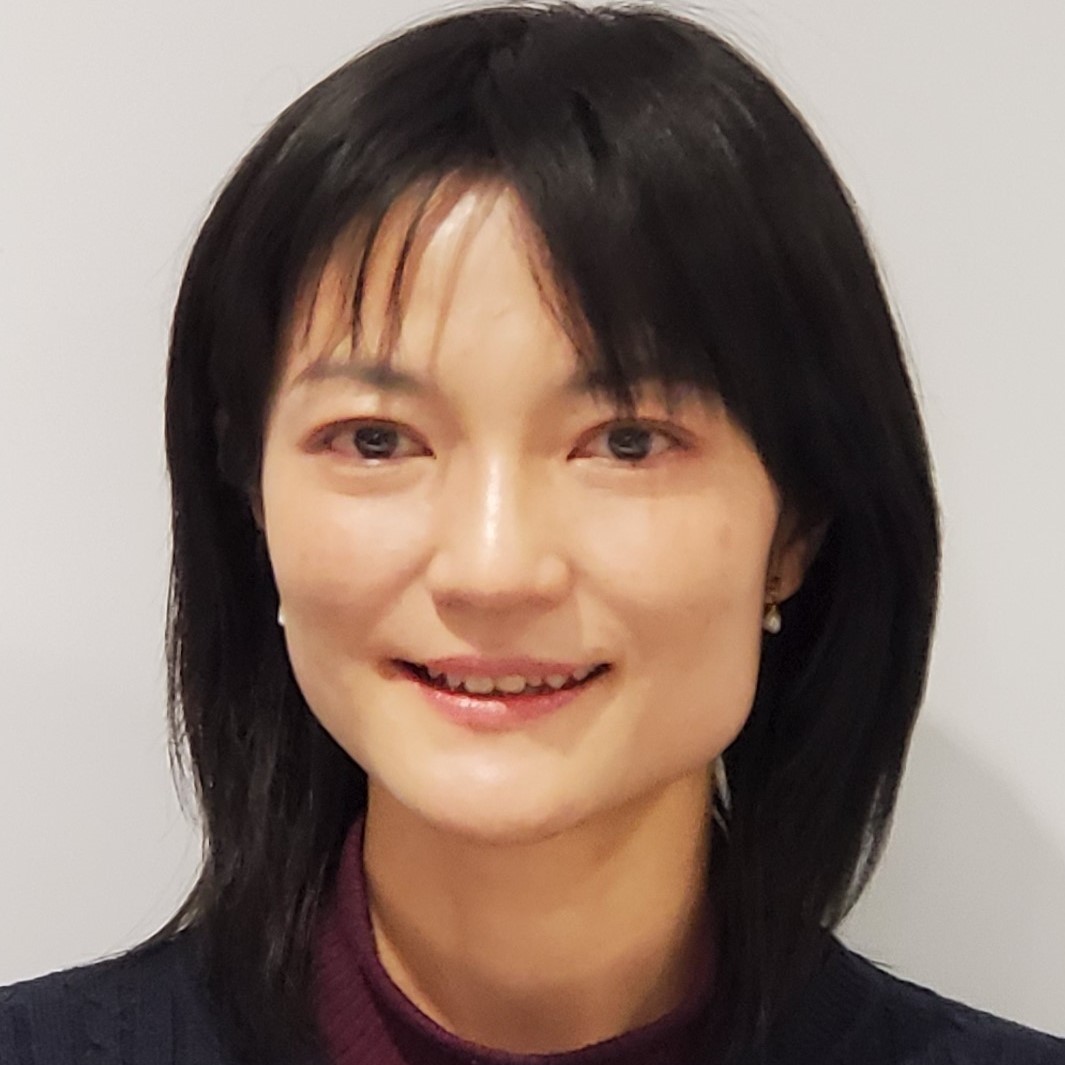
After uncovering bicarbonate-sensing G protein receptor, GPR30, I demonstrated that GPR30 deficiency controls blood flow, being involved in ischemia-reperfusion injury. Our research reach is now extending to drug discovery.
Our laboratory has just launched, being small and home-like. Through domestic and international corroborations, we push on/ move forward with our exciting research project. -
The Sakaguchi Laboratory - Department of Multidimensional Analysis of Gastrointestinal BiologyAssociate ProfessorTomohisa Sujino
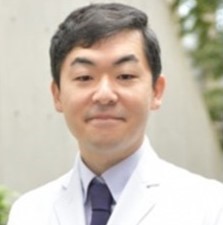
Our gastrointestinal tract is a delicate balance between preventing the entry of foreign substances, such as many intestinal bacteria and food antigens, and at the same time absorbing nutrients. The control of this gastrointestinal system is centered on a wide variety of immune cells, nerves, and blood vessels. It is believed that digestive diseases occur when this system is disrupted, but it is not yet clear how the various cells are organized and what kind of dynamics are involved. Therefore, our laboratory will approach the elucidation of the pathogenesis of gastrointestinal diseases from a new perspective by using various analytical methods at the single-cell level.
-
The Ishii-Ishibashi Laboratory - Department of Extended Intelligence for MedicineProfessorKazuhiro Sakurada

This department is organized by School of Medicine and Faculty of Science and Technology to promote medical-engineering collaboration. We are going to develop new technologies and innovative talents for future medicine by advanced research and education on medical data science.
-
Institute for Advanced Medical Research - Division of Brain SciencesProfessorKenji Tanaka

The Division of Brain Sciences is committed to elucidating the brain function and exploring the way to alleviate brain dysfunction. We take an integrated approach to understanding the many levels of brain function, which includes gene, cell, circuitry, and behavior. The division treats the brain as the sum of its parts—neuron, glia, and vasculature—and focuses on the linkage between the brain and other organs in the body. These efforts are expected to lead to the development of novel treatments for mental illness. The division is also involved in considering what kind of effects these new treatments may have on our society.
-
Institute for Advanced Medical Research - Division of Tumor ImmunologyProfessorYuki Kagoya

At the Division of Tumor Immunology, we conduct cancer immunotherapy research aimed at understanding how immune cells respond to cancer at the molecular level and applying these mechanisms to the treatments we provide. In particular, we are focused on the development of cancer immunotherapy treatments such as CAR-T cell therapy, in which immune cells called T cells are modified so that they can recognize and destroy cancer cells, and we also plan to develop new drugs that utilize synthetic nanoparticles. We are committed to R&D on this therapeutic technology as we believe it can be applied to chronic inflammatory diseases that are also deeply connected with the immune system.
Basic Science
-
Physiology (Makino Lab)
-
Molecular Biology
-
Legal Medicine
-
Biostatistics
-
The Sakaguchi Laboratory - Department of Signal Exploration
-
The Sakaguchi Laboratory - Department of Biomedical Informatics and Molecular Biology
-
The Sakaguchi Laboratory - Department of Epigenetics and Stem Cell Biology
-
The Sakaguchi Laboratory - Department of Ion Signaling and Response
-
The Sakaguchi Laboratory - Department of Multidimensional Analysis of Gastrointestinal Biology
-
The Ishii-Ishibashi Laboratory - Department of Extended Intelligence for Medicine
Clinical Science
Other Departments
-
Medical Education Center
-
Centers for Interdisciplinary Care Center for General Medicine Education


